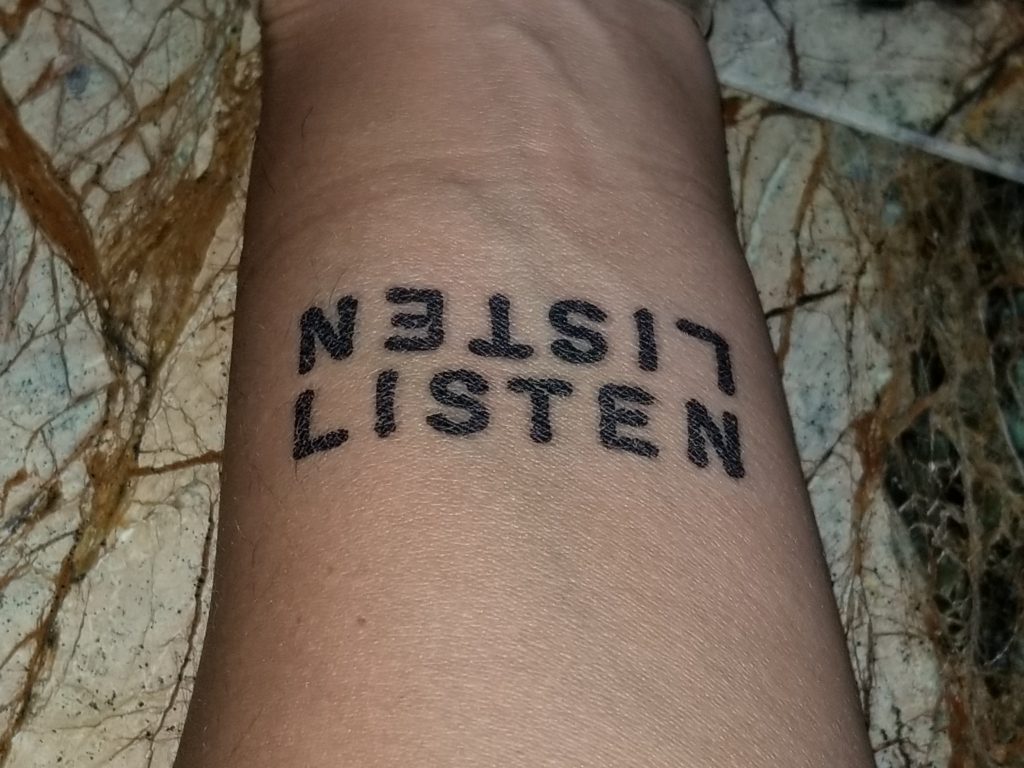I’ve gone from feeling sad to very, very angry…
The past few weeks have felt very heavy to me, bearing the weight of the pandemic and many deaths, all the stress and changes on the healthcare frontline, and carrying the frustration, fear, and disgust after this most recent series of racially motivated police killings. I’ve mourned losing our ability to live as we had with each other through family celebrations, funerals, church gatherings, coffee hangouts, and even our date nights. Trying to move through “normal” work and home schedules while also trying to make sure the kids have enough information about all that has happened, and finding ways to help them process their feelings and questions has left me wondering if I’m getting any of it done well. Some days I’ve felt like I was dragging myself through the mud. For me, sadness isn’t a familiar place to sit. But it was what I was feeling, and instead of trying to thought-switch myself to a different feeling, I decided to allow the feeling and stay there for a while.

But the sadness didn’t stay. The more I thought and talked and listened the more angry I became. Some of the conversations were bright spots, expressions of love and compassion, and offers to help and plans for action. I’ve been very proud of the way so many are choosing to stand up and speak against the systematized racism that we’ve allowed to remain in our society. But what has gotten my ire up has been the silence from many whom I’d hoped would not choose to be silent. It makes me furious that those choosing to peacefully protest have been painted with the same brush as instigators and others who’ve chosen to participate in destruction and looting. Personally, in the long run, I don’t think that the damage that results from looting helps to cause lasting change, even if it feels like some kind of twisted justice.
Anger is much more familiar to me than sadness. It’s my more socially acceptable emotion, the one that I’ve learned how to explain and justify, both to others and to myself. It’s a human emotion that is more palatable to others than watching someone grieve or cry. Anger can be seen as constructive because others can join in anger and build a group of like-minded people around a common cause that needs change. Yet, even as experience my rage against injustice, I recognize the weakness in it. I know the scriptures, “Man’s anger does not bring about the righteous life that God desires” (Janes 1:20), and “In your anger do not sin” (Ephesians 4:26). So I already know that my anger is a very careful place to tread. God doesn’t say not to be angry – he gave us the emotion! But how we deal with anger is very important if the results of it will be beneficial.
The other weakness in my anger is that I react to it. It’s one thing to feel angry, to process the emotion, to allow it to be present. But my tendency is to let it grow without really listening to it and understanding it. And when I push it back so I can “move ahead”, so I can avoid the heated feeling of the anger, I’m much more likely to let it flash out at someone else when I face the next irritation. That’s destructive. It hurts others (which isn’t at all what I want), and it wastes time. The repair work for the damage my anger causes leaves me using more time on the clean up than if I’d have worked through my anger in the first place. And even after I apologize and make amends, sometimes the damage can be lasting and irreparable.

So, what am I doing with my anger? After many years of either reacting to or pushing my anger away, I’m learning to allow it. What does that look like? It means sitting with the anger and listening to why my mind is angry. It means breathing and not trying to push the anger away. It means letting it come and knowing that there’s a message and a reason why I feel it. It means acknowledging to myself that usually there’s pain underneath the anger that needs attention. It means that I don’t need to be in a rush to get rid of the anger because it might hurt me or someone else because I can choose to allow it to be present without that.

In the end, I want my anger to produce something worthwhile. Anger is exhausting – I need all my energy to be constructive. When I allow my anger instead of resist or react to it, when I seek to understand it and let it teach me what I need to learn, I can choose to develop conviction, resolve, and direction. I pray for all of us who are angry to be able to learn from it and to be able to move to create powerful change.
Love to you all.
How are you feeling? What do you do when you’re angry? Please share in the comments below!
And, for those of you who’ve been following my Weight Loss Basics class, next week we’re going to take a deeper dive into how to get success in the key thing that ensures permanent weight loss – join me! Here’s the link to the Basics class so you can catch up before next Tuesday…

Comments1
So perfectly conveyed. Thank you for giving anger its due respect. Interesting, the second part of Eph 4:26 says, “While you are on your beds, search your hearts and be silent.” (The longer one lies there, the easier the anger can flow). God allowed us this pandemic to search our hearts. I pray that anger can produce a movement of righteous indignation and change that will endure.